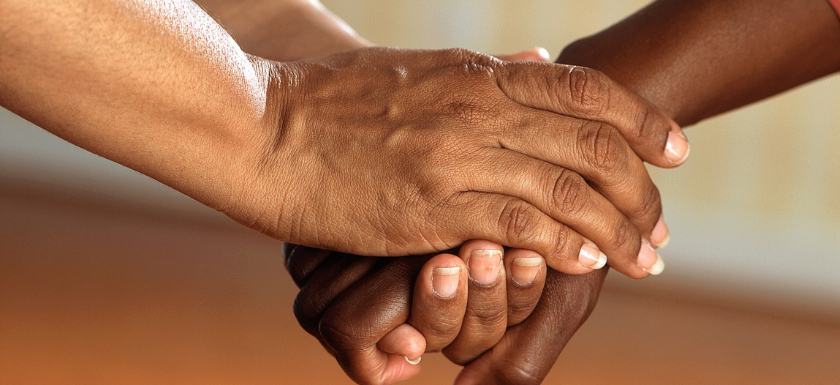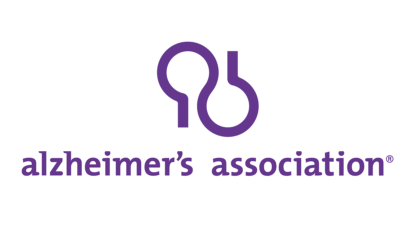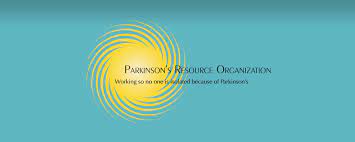This is a question I’ve been thinking about a lot lately. In my business, I oftentimes speak with family members who are looking for a senior care option for their loved one. Quite often they are contacting me when there is a crisis and the primary caregiver for their loved one is no longer able to care for them. I have also been approached by caregivers who ask me what would happen to their loved one if they died first? This is a question that many people don’t want to think about, which is quite understandable. But, realistically it needs to be addressed. So, what happens when the primary caregiver dies first?
The Statistics
Caring for a loved one takes a tremendous toll on the health and well-being of the caregiver. I’ve seen many research studies showing that many caregivers neglect their own health while caring for their loved one. In fact, studies show that caregivers are at a much higher risk than others for diabetes, depression, stroke and other illnesses.
There is an often cited study from 1999 that found caregivers have a 63 percent higher mortality rate than non-caregivers and that 40 percent of Alzheimer’s caregivers die from stress-related disorders before the patient dies.
That alarms me. Why is this happening?
A Friend’s Story
My friend Vic told me recently about his biggest fear while caring for his mother. His mom had Multiple Sclerosis and also had a stroke, which left her paralyzed from the neck down. She needed 24-hour care with all activities of dailiy living including transfers, bathing, toileting, feeding, and dressing. Vic worked a full-time job and had a caregiver come in for 8 hours during the day while he was at work.
There were many days when Vic was not able to be home right at 5:00 when the caregiver left. There were times when he got home, even if it was only 30 minutes after the caregiver left, when he found his mom hanging over the side of her wheelchair yelling for help as he walked in the door. The pillow that was propping her up had fallen and she was not able to pull herself back up. That got him thinking about what would happen if he didn’t come home at all. What if he was in an accident on the way home? What if he never came home?
That’s when he decided that he needed a back-up plan. So, he talked with his neighbors across the street about his concerns. They worked out a system where his neighbors would have a key to his house and, if they saw that he was not home at a certain time, would go in to his house and make sure his mom was ok. There were several times when “the neighbor plan” kicked in and they went to check in on his mom. Usually Vic was able to call them to let them know he was running late. But, they became part of his “care team” and provided much needed peace-of-mind.
What If You Don’t Have a Support System?
I worry about those who don’t have a local support system. Many of our residents here in the Coachella Valley have family who don’t live in the area. And, when you’re are caring for someone 24/7, you may not have a robust social life or a large network of friends. What is your plan if something unexpectedly happens to you? Now is the time to think about that.
Create a Succession Plan
In business, succession planning is the process of training and developing employees to ensure that someone qualified will take over when the company expands or employees leave.
While caregiving is not a business, there are many times that caregivers can benefit from operating like a business. Effectively managing finances, keeping current with insurance plans and legal documents and, in cases of long-term caregiving (especially for the aging caregiver), being sure someone is ready to take over in the event of an emergency. All of this is important.
What is your succession plan?
Be Prepared For an Emergency
Deciding how your loved one will be cared for if you should fall ill or die should be a decision you make well in advance and, if possible, with your family’s help. Talking openly about this possibility and planning for it can prepare everyone for the worst case scenario and provide peace-of-mind that there is a plan in place during a stressful transition time. Here are a few common sense guidelines to help you approach this difficult subject:
- Talk about it while you are healthy as a “just in case” discussion.
- If you can involve other family members, try for consensus.
- If needed, guardianship should be decided and legal papers drawn up so there is no quarrel later.
- Create a file box with all medical information regarding your loved one’s care.
- If there are no other family members who are willing or able to take over your caregiving responsibilities, work on creating a plan with your loved one (if feasible), and possibly an attorney.
- Decide if you will use paid home care, a nursing home, assisted living, or a group home in accordance with your loved one’s wishes, level of independence, and your financial constraints. Contacting the party you choose in advance for a consultation on what to expect may be helpful as well.
Planning for an unexpected emergency is never easy or comfortable. But, in the long run, it can save a lot of heartache. Check this box off your caregiving to-do list, and you’ll feel better, too!
What Is Your Plan?
Please let me know what your succession plan is. Or, what your emergency plan is should something happen to you. I know others would be interested in knowing how you are tackling this difficult topic.





